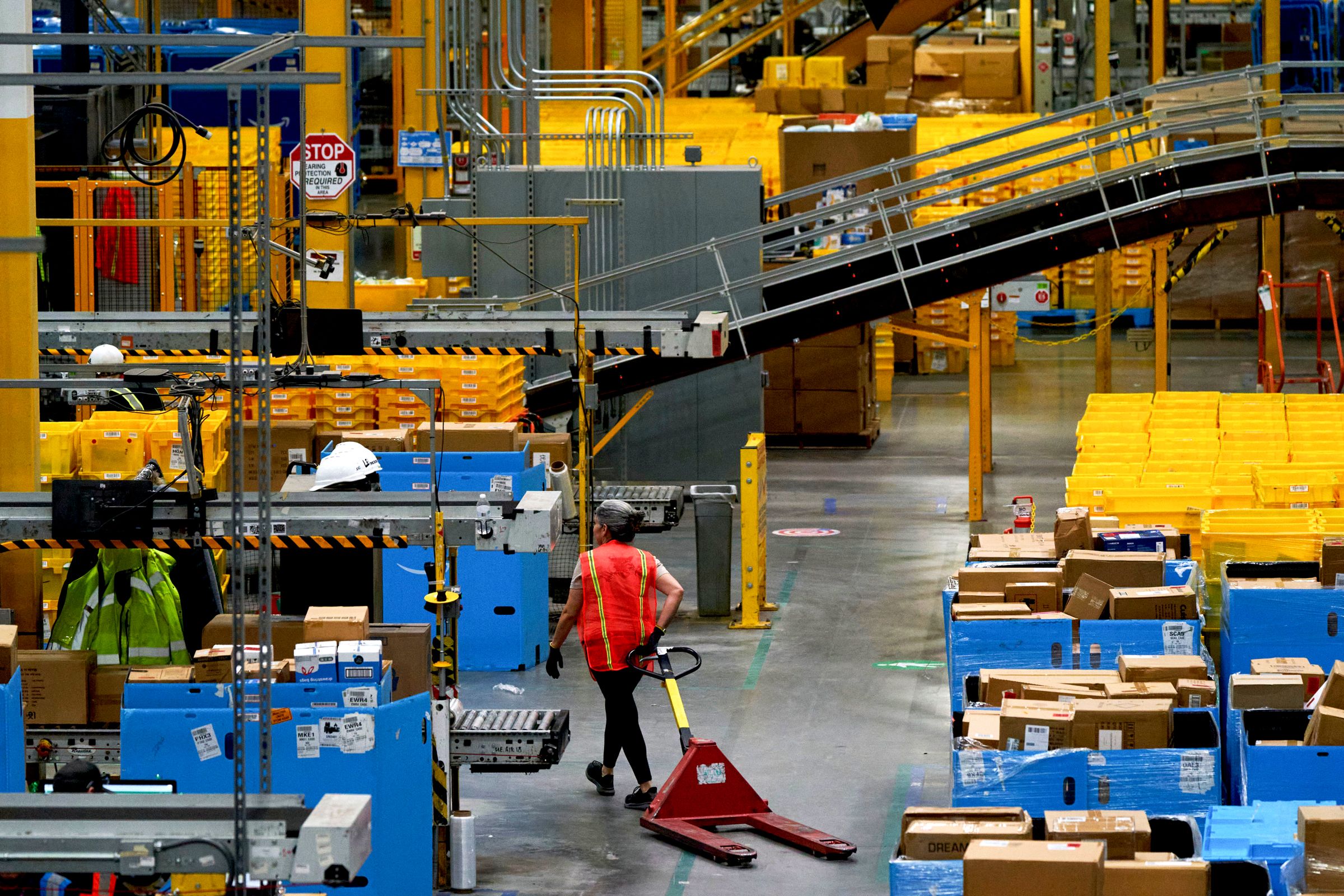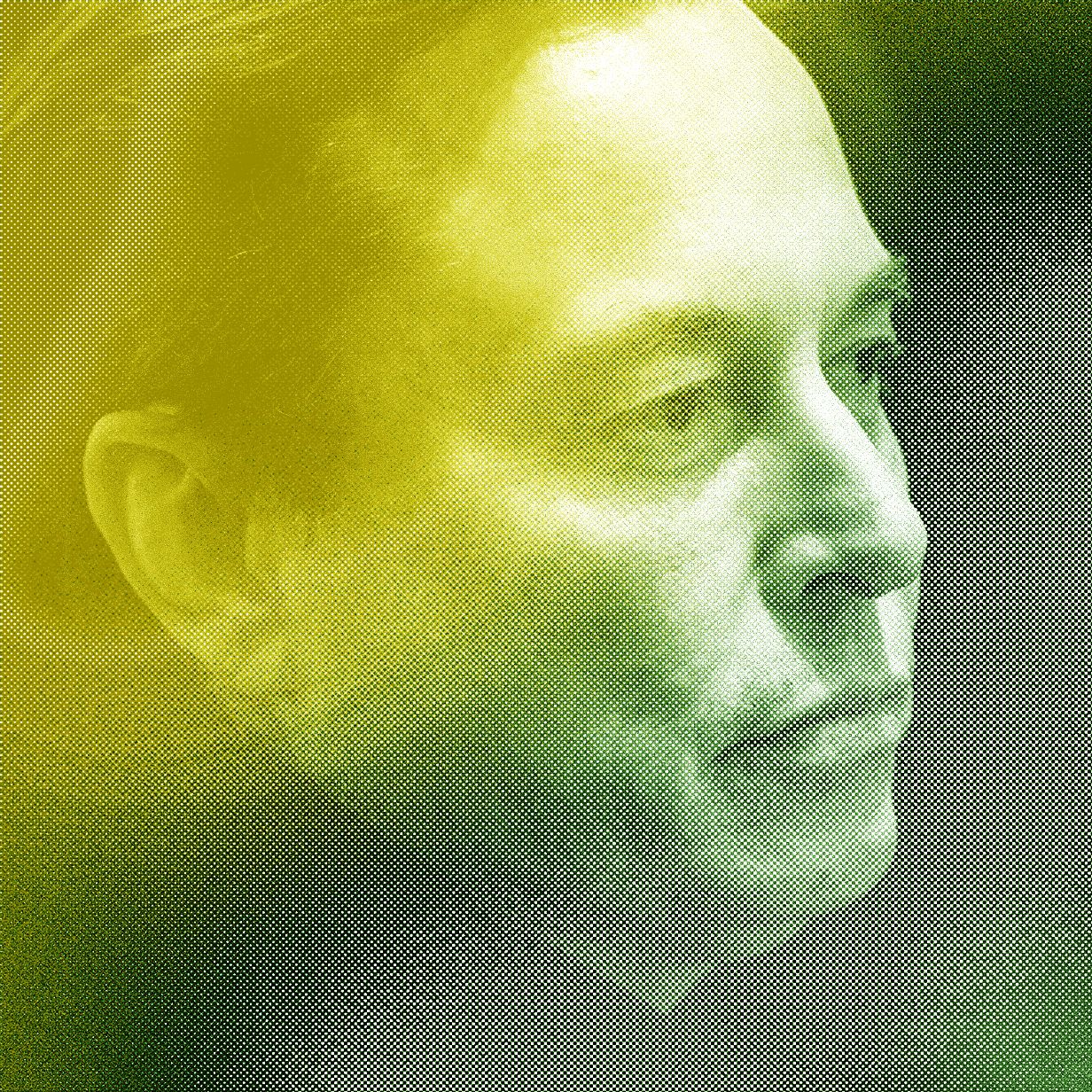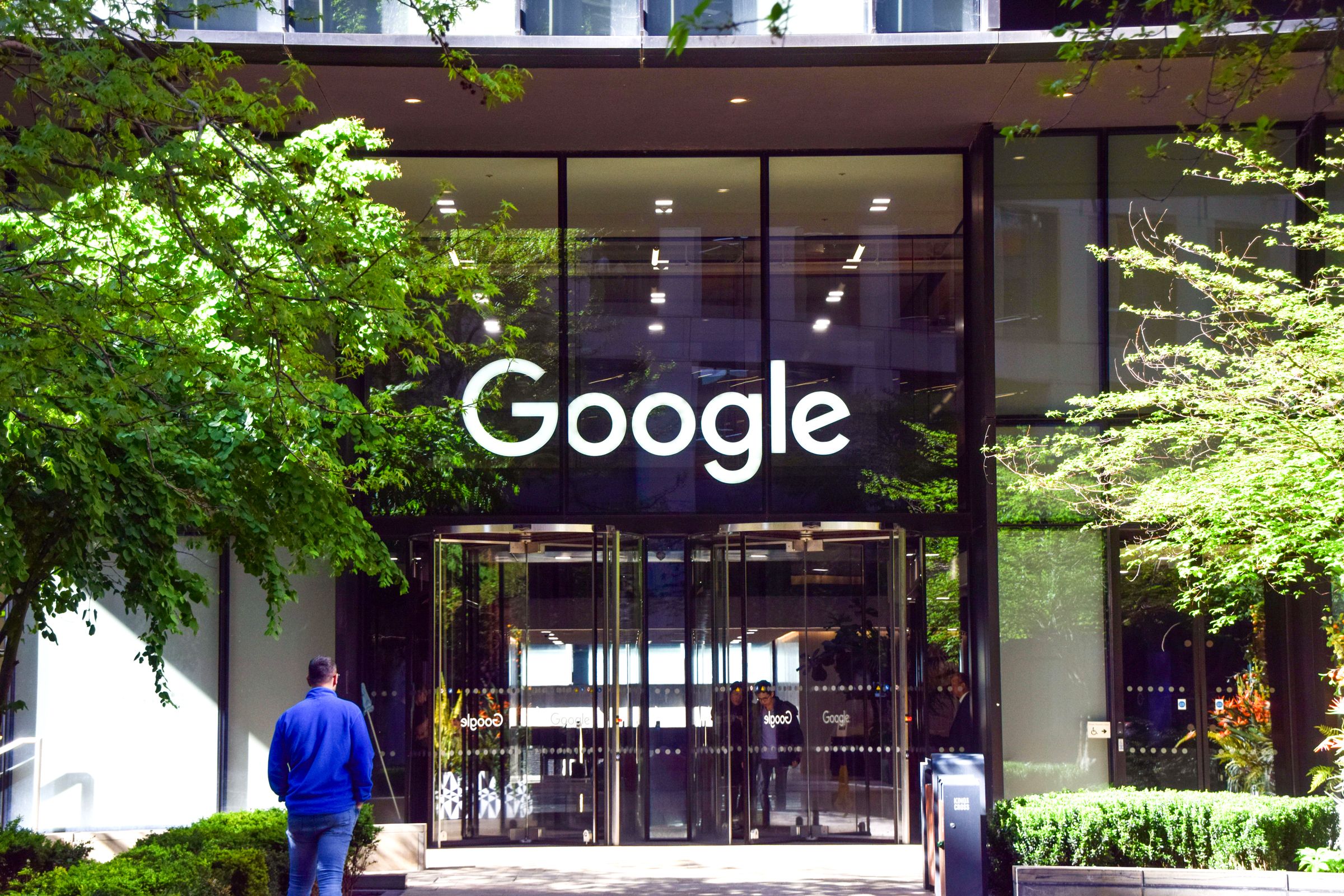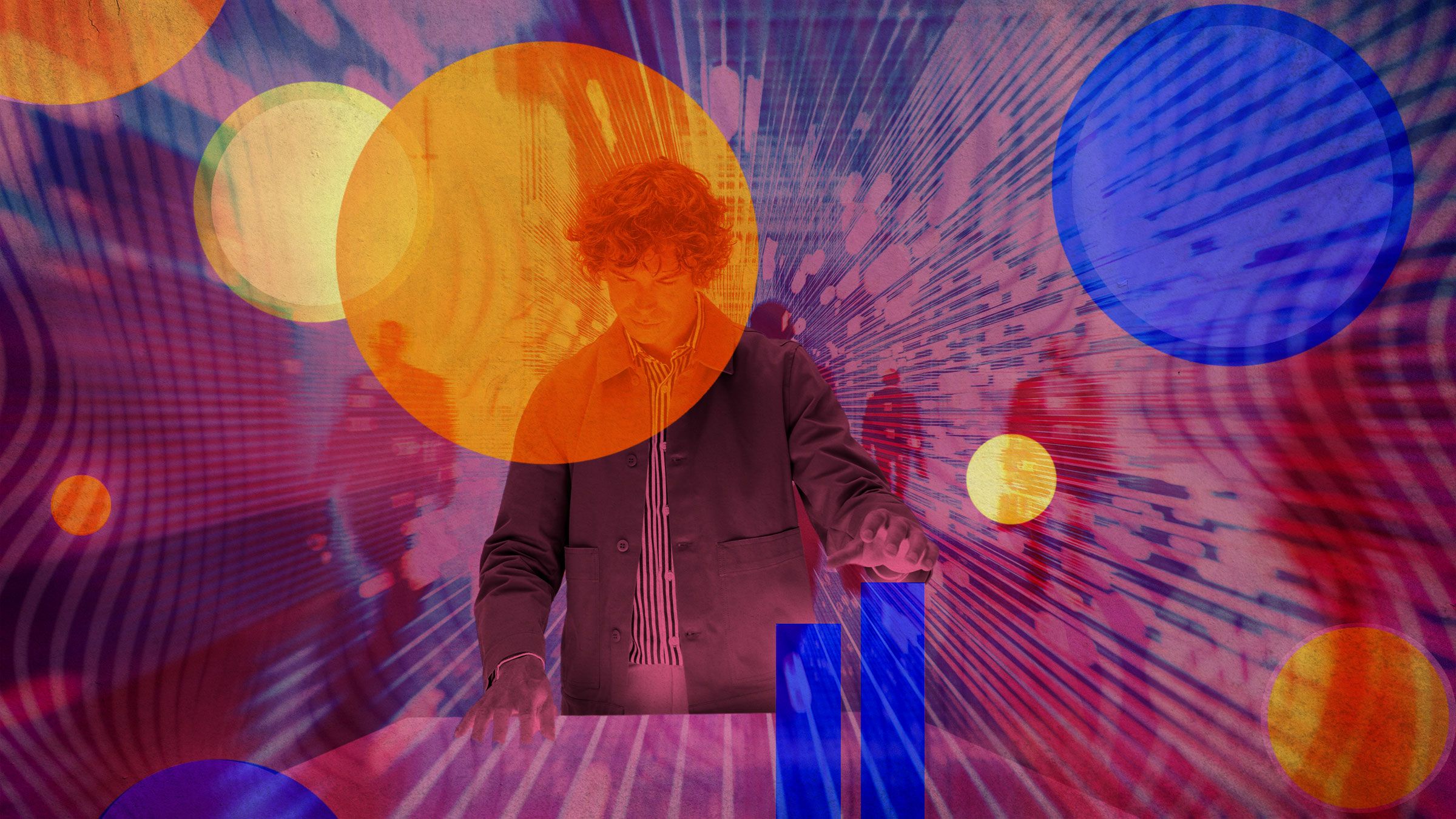The AI-Fueled Future of Work Needs Humans More Than Ever
As artificial intelligence continues to advance and become more integrated into various industries, there is often a fear that AI will replace human workers. However, the reality is that AI actually relies on humans to be successful.
While AI can automate repetitive tasks and increase efficiency, it still lacks the creativity, empathy, and problem-solving skills that humans possess. This means that human workers are more essential than ever in the AI-fueled future of work.
Humans are needed to train and supervise AI systems, interpret data, make strategic decisions, and provide the human touch that is crucial in customer service and other interpersonal interactions. In fact, AI works best when it is used in conjunction with human intelligence.
It’s important to recognize that AI is a tool to augment human capabilities, rather than a replacement for human workers. By working together with AI, humans can focus on more meaningful and complex tasks that require emotional intelligence, critical thinking, and creativity.
Additionally, the integration of AI in the workplace opens up new opportunities for collaboration and innovation. Human workers can leverage AI technology to streamline processes, gain valuable insights, and drive business growth.
Overall, the AI-fueled future of work will require humans to adapt and upskill to stay relevant in a rapidly changing job market. By embracing AI as a complement to human intelligence, we can harness the power of both to create a more productive and successful workforce.
In conclusion, while AI may be transforming the way we work, humans remain indispensable in the AI-fueled future of work. By harnessing the strengths of both AI and human intelligence, we can shape a future where technology and humanity work together to drive innovation and progress.





More Stories
Inequality Is a Health Risk—and It’s Getting Worse
Big Tech Won’t Let You Leave. Here’s a Way Out
A New Way to See Your Climate Anxiety.